In the News
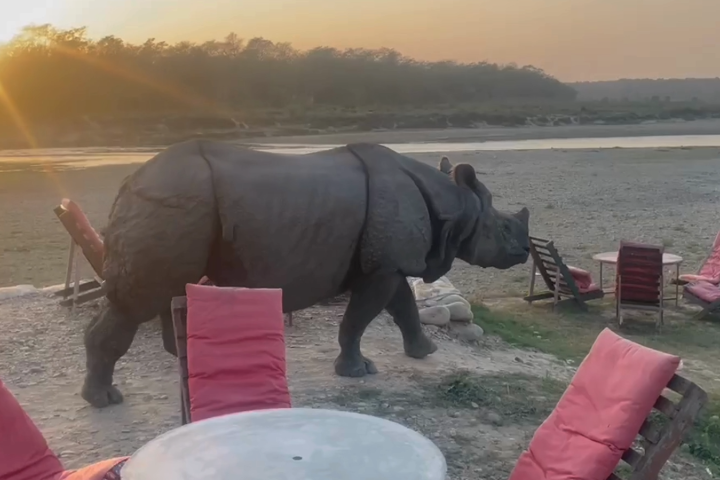
Video
July 09, 2025
While in Chitwan, Nepal, Drs. Carmen Smith and Martin Gilbert captured footage of a free-roaming greater one-horned rhino passing through the bar.
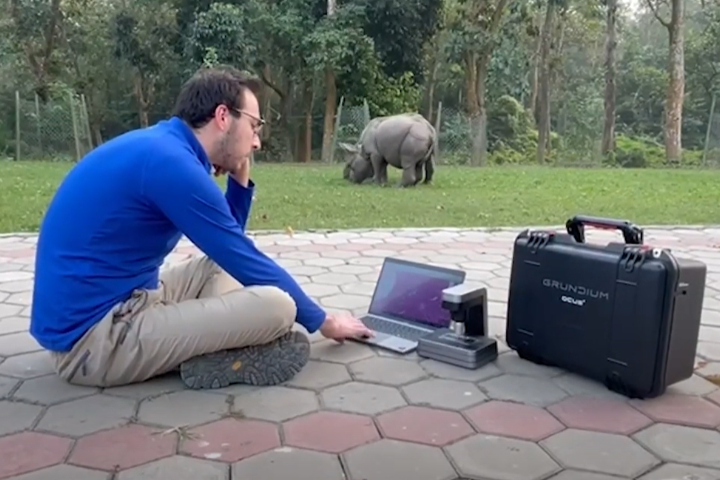
Video
June 26, 2025
Dr. Carmen Smith, our Free-Ranging Wildlife Pathology Fellow, was reviewing tissue samples at the National Trust for Nature Conservation Biodiversity Conservation Center in Chitwan, Nepal, when a curious greater one-horned rhino came closer to inspect his work.
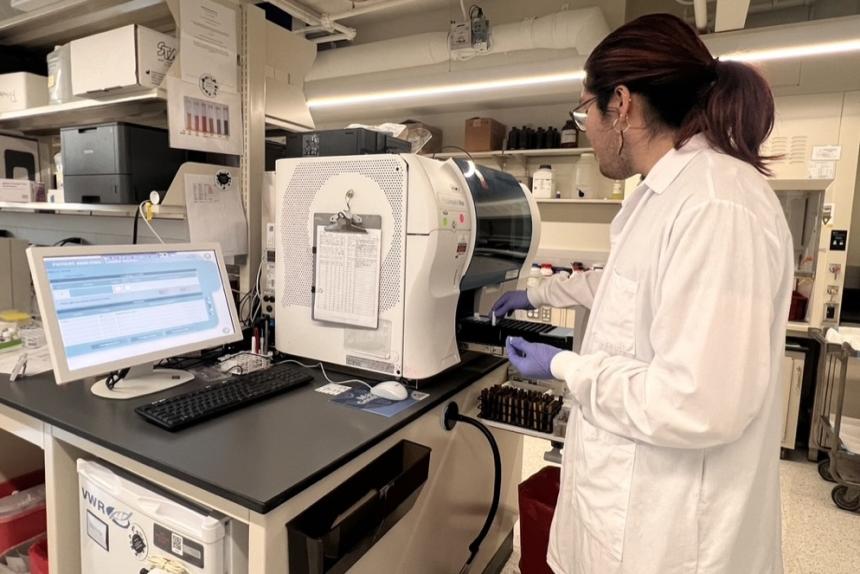
June 18, 2025
As a veterinary student interested in specializing in zoological medicine, I had the privilege of conducting research focused on investigating the effects of hetastarch on coagulation in Asian elephants...
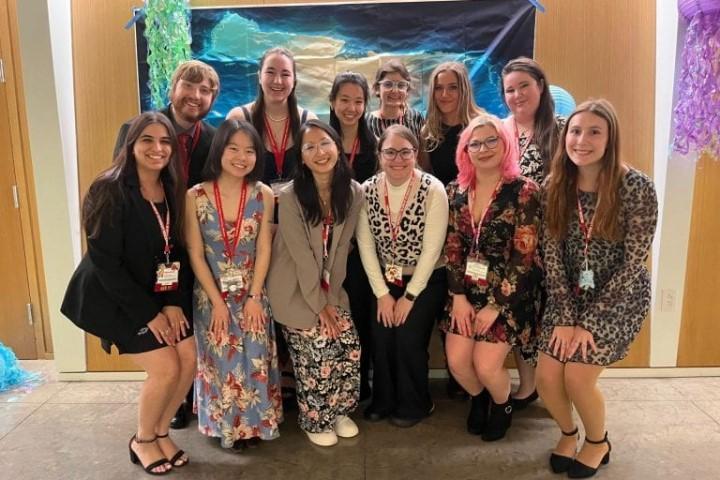
June 04, 2025
The Special Species Symposium, hosted by the Cornell Zoo and Wildlife Society, united passionate individuals to dive into the world of zoo, wildlife, exotic, and conservation medicine.
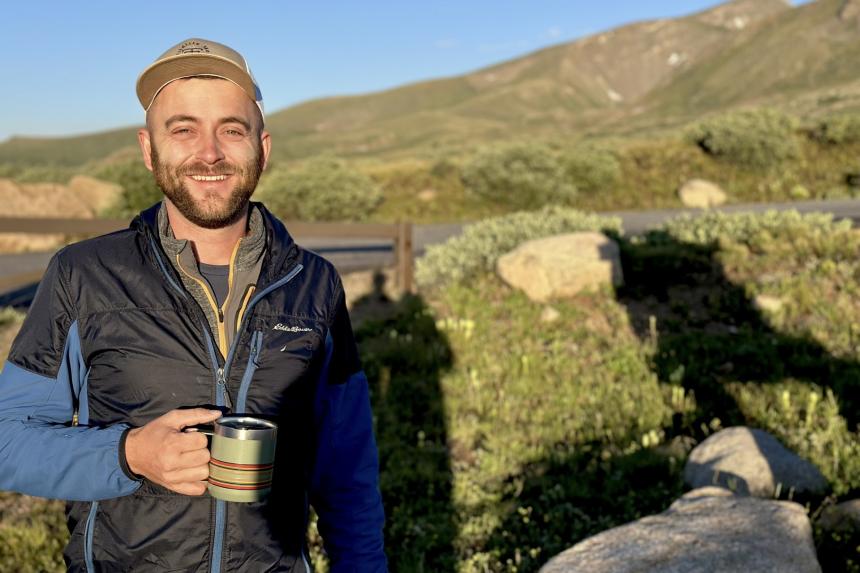
News
May 28, 2025
J. Hunter Reed, MPH, DVM ‘20, entered veterinary school at Cornell University with the goal of becoming a veterinarian for dairy cows. While he focused his clinical training in production animal medicine, his experiences led to a strong interest in population health on a larger scale....
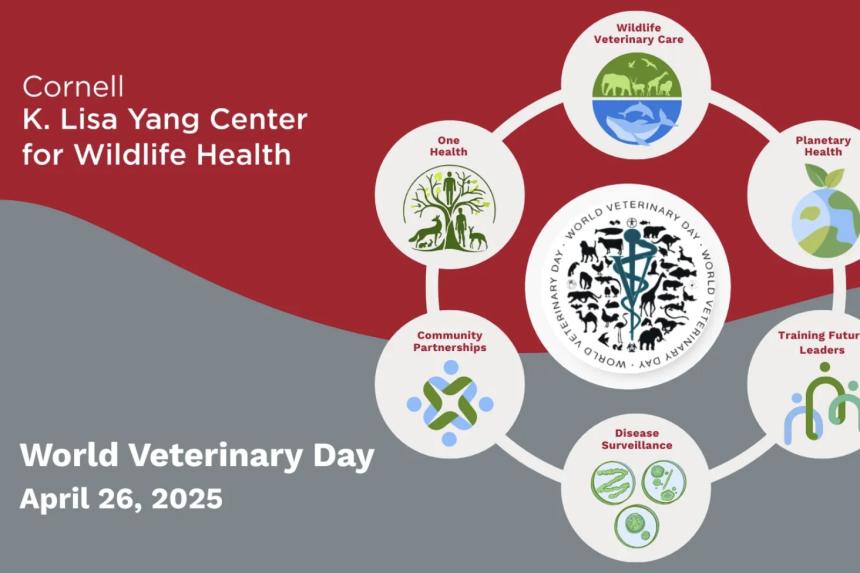
April 26, 2025
On World Veterinary Day this year, we are celebrating Cornell's wildlife and ecosystem health teams and their tireless efforts to build a healthier future for wildlife, people, and planet.
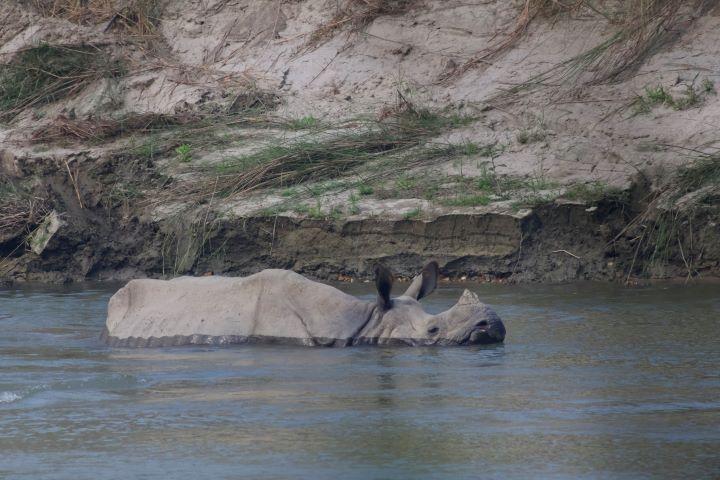
April 23, 2025
by
Carmen Smith
It was a misty morning on the outskirts of Chitwan National Park in Nepal, and I awoke after a night of little sleep broken by the sounds of dogs barking and roosters crowing....
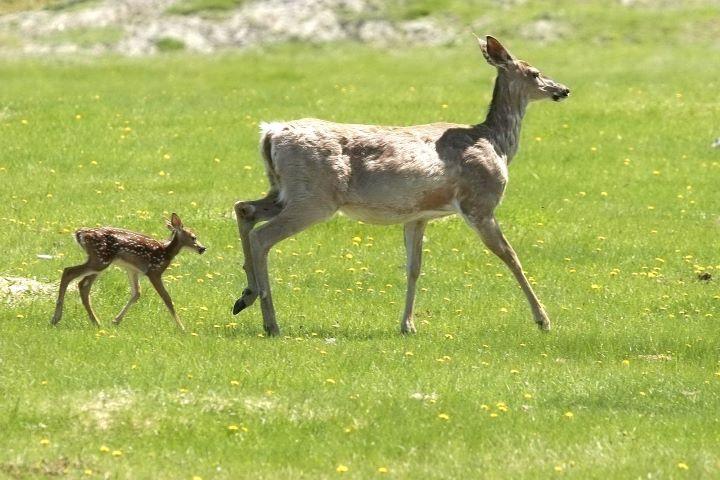
For Your Information
April 22, 2025
A recent study examines the challenge of determining the sample size needed to confidently declare a local wildlife population disease-free—an essential factor in effective disease surveillance and wildlife health management.
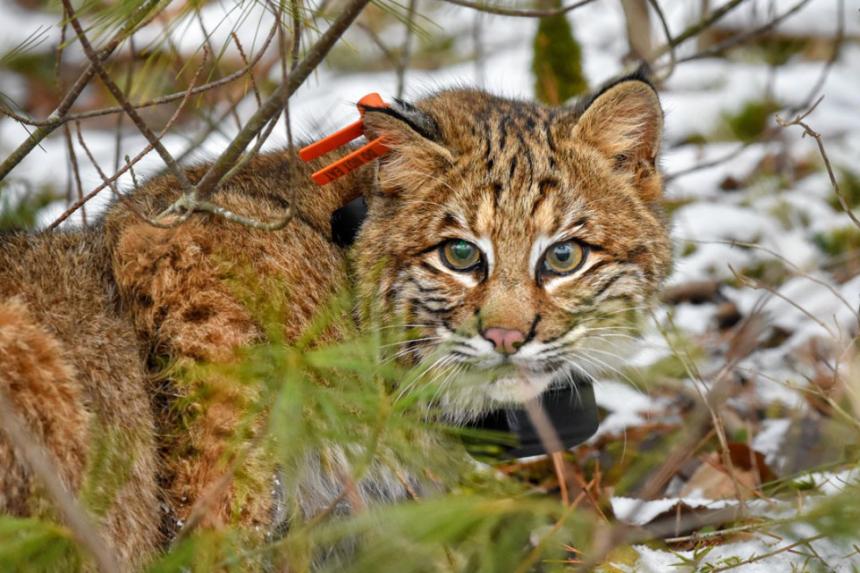
April 17, 2025
Avian influenza – which has devastated poultry flocks, wildlife populations and increasingly poses a public health risk – has now been confirmed in wild bobcats in New York state, according to a new study by Cornell scientists.
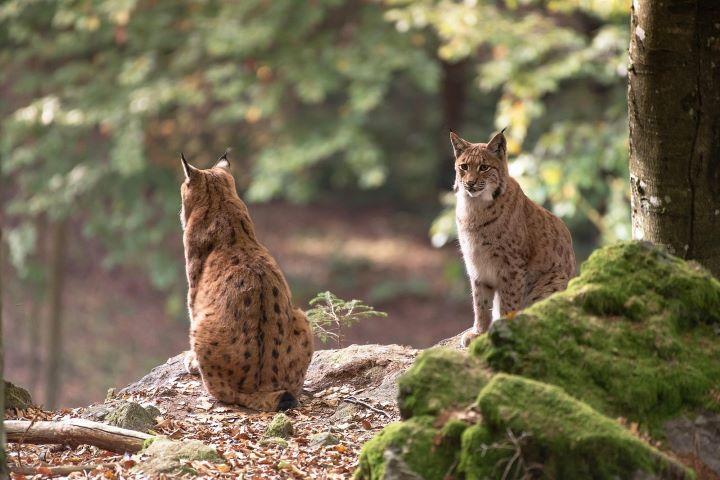
For Your Information
March 26, 2025
A recent study by Cornell researchers assessed the presence of antibodies for highly pathogenic H5N1 influenza A in live-captured bobcats in New York.
